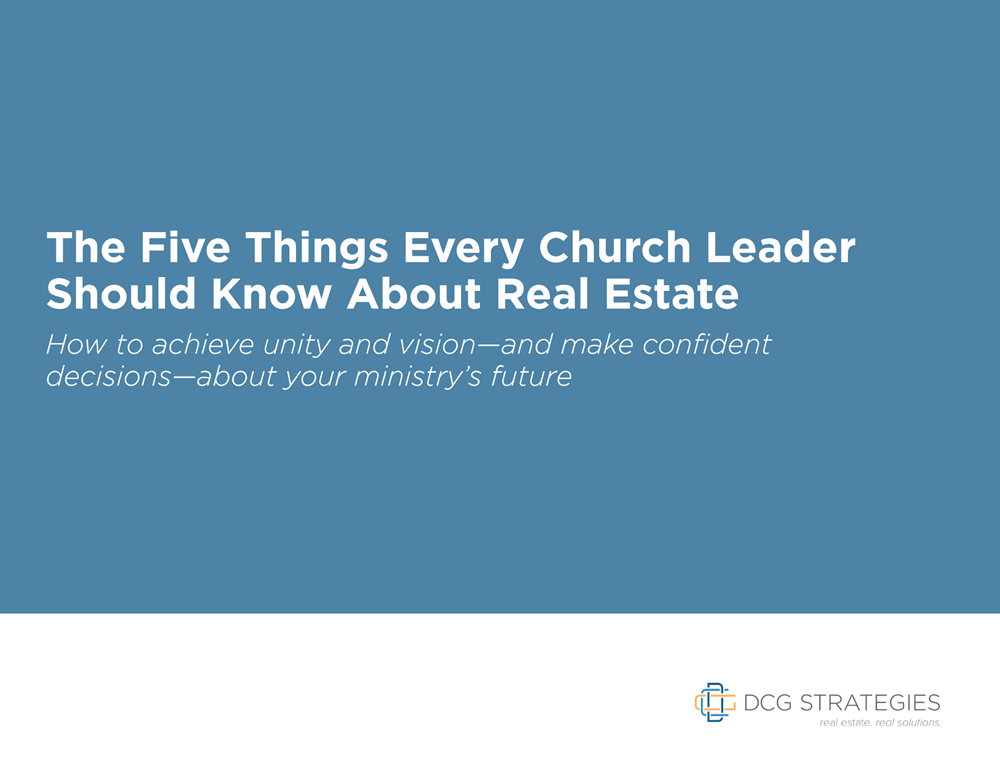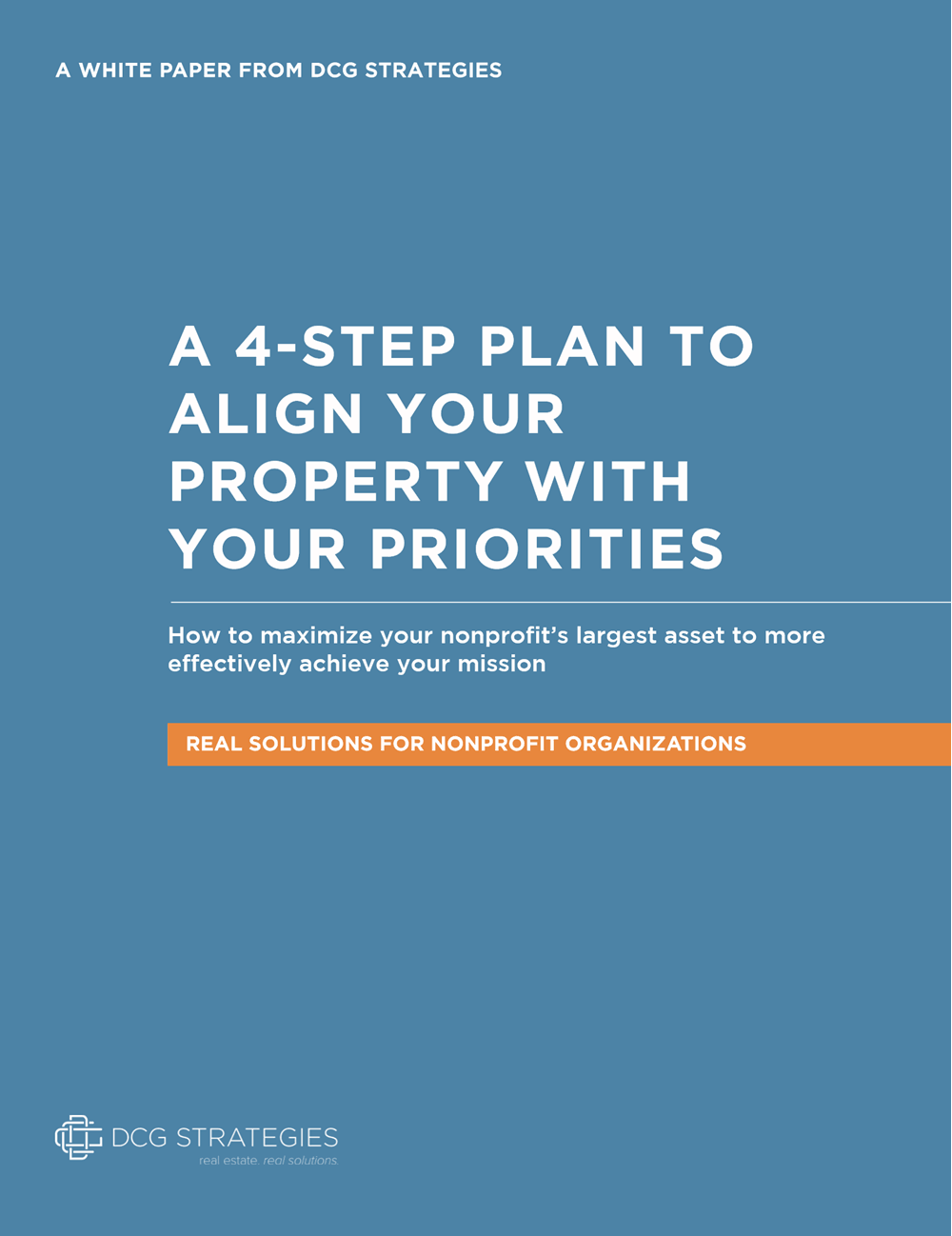Whether or not you’ve decided that a real estate transaction may be the right option, it’s good to understand how to best position your church for success. We’ve captured the 5 most critical considerations for church leaders.
The issue of housing costs is of particular importance for public school districts to recruit and retain high-quality employees. This guide will help leaders explore the option of developing teacher housing in their district.
The economic boom has many nonprofits concerned about the real estate market having a negative impact on their long-term sustainability. This guide offers advice as you weather the challenges of the Bay Area market.









